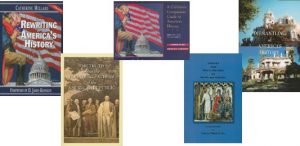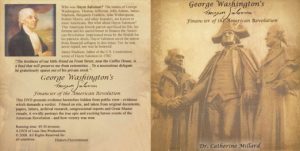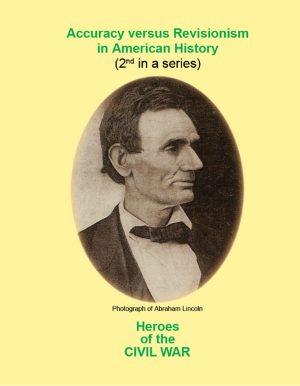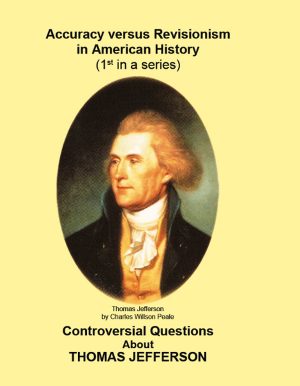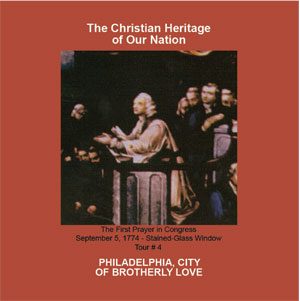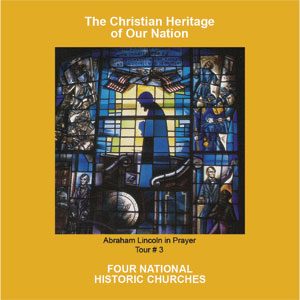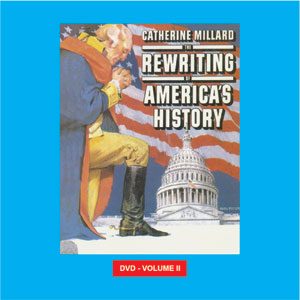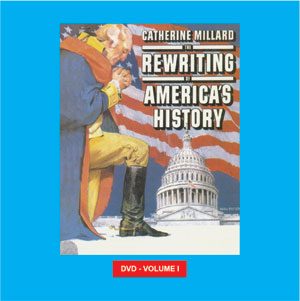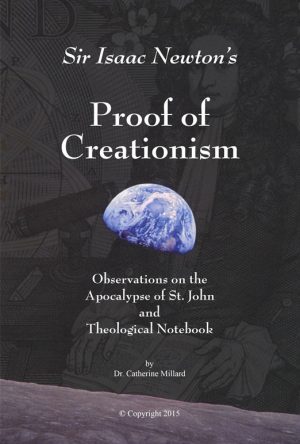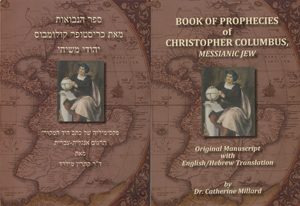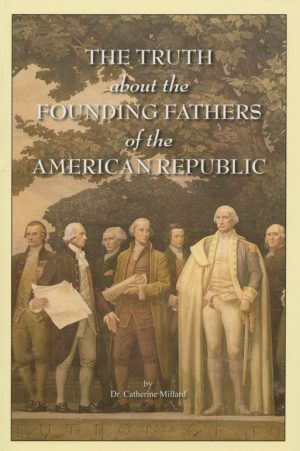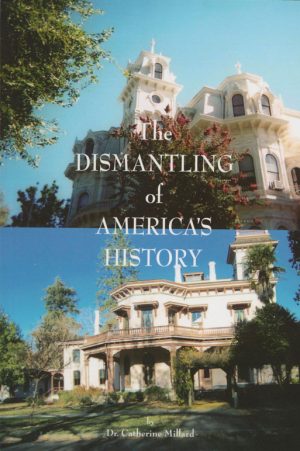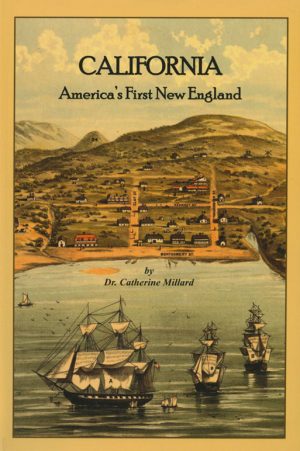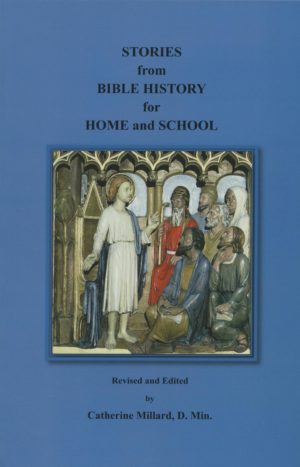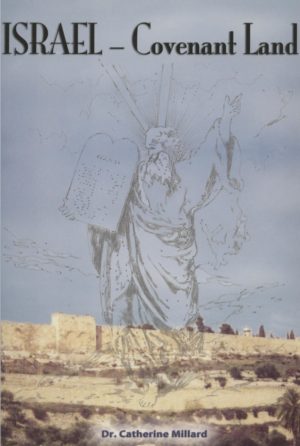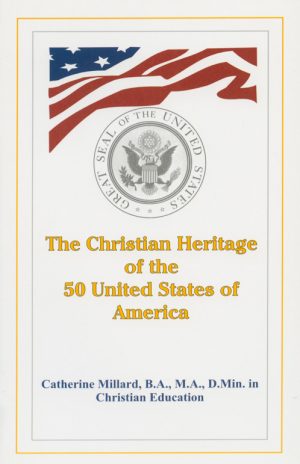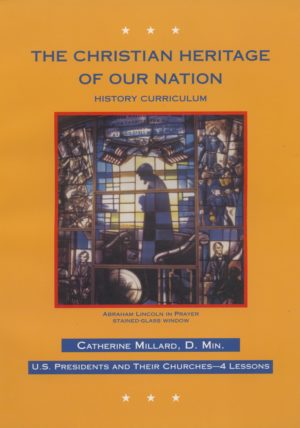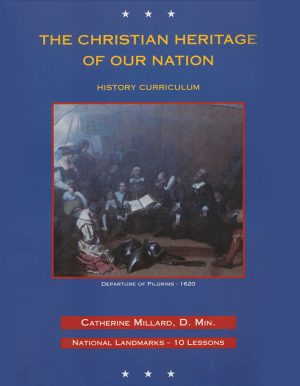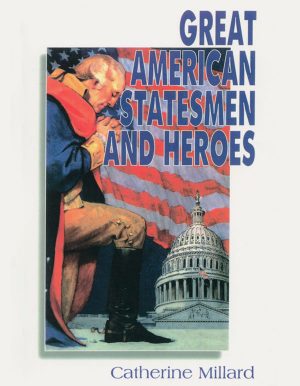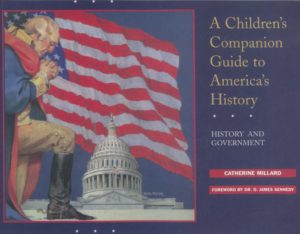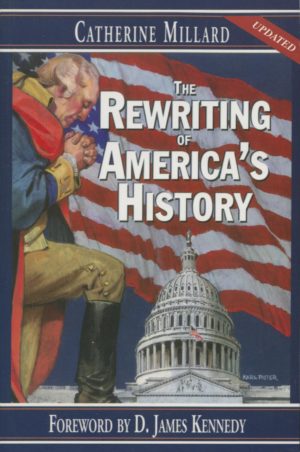| 1735 |
Born on October 30th at Braintree, Massachusetts |
| 1755 |
Graduated from Harvard College |
| 1758 |
Admitted to the bar |
| 1774-78 |
Member of the Continental Congress |
| 1776 |
July 4th, signed the Declaration of Independence |
| 1778-79 |
Commissioner from U.S. to France |
| 1779 |
Drafted the Massachusetts Constitution |
| 1780-81 |
Minister from U.S. to Holland |
| 1782-83 |
Peace Commissioner from U.S. to France |
| 1785-88 |
Minister from U.S. to Great Britain |
| 1789-97 |
Vice-President of the United States |
| 1797-1801 |
President of the United States |
| 1826 |
Died on July 4th at Quincy, Mass. |
A 1998 exhibit at the Library of Congress displayed the title page of a 1696 book by John Toland, their caption reading: “John Toland (1670-1722) was one of a school of English and continental writers, loosely called deists, who commanded a following in eighteenth-century America, especially among statesmen like John Adams and Thomas Jefferson, who were receptive to Enlightenment ideas. Toland and like-minded writers held that religion was true only insofar as it was consistent with reason and that the mysterious and miraculous dimension of faith must be questioned. This position appealed to no more than a small minority of eighteenth-century Americans, whose sympathies lay overwhelmingly with the opposing evangelical view.” Was John Adams a deist?
As already established, “a deist” in Webster’s 1828 Dictionary is:
One who believes in the existence of a God, but denies revealed religion; one who professes no form of religion, but follows the light of nature and reason, as his only guides in doctrine and practice; a free-thinker.
Webster’s Dictionary describes “The Enlightenment” in these terms:
An 18th-century European philosophical movement characterized by rationalism, an impetus toward learning, and a spirit of skepticism and empiricism in social and political thought.
And “rationalism” as:
In theology, the doctrine that rejects Revelation and the supernatural, and makes reason the sole source of knowledge.
The definition for “empiricism” is:
In philosophy, the theory that sensory experience is the only source of knowledge.
Had the writer of this Library of Congress exhibit displayed the contents of John Toland’s 1696 book entitled: “Christianity not Mysterious: or, A Treatise showing, That there is nothing in the GOSPEL contrary to REASON, nor ABOVE it: And that no Christian Doctrine can be properly call’d A MYSTERY, with its quotation from Archbishop Tillotson; thousands of visitors would have understood that the book was neither deistic, nor from “Enlightenment” (atheistic) ideas, but instead, profoundly Scriptural in doctrine and faith. Following are excerpts from this valuable Treatise:
“…Since therefore, the perfection or soundness of our reason is so evident to ourselves, and so plainly contained in Scripture, however wrested by some ignorant persons, we should labour to acquire knowledge with more confident hopes of success. Why should we entertain such mean and unbecoming thoughts, as if TRUTH, like the Almighty, dwelt in Light inaccessible, and not to be discover’d by the sons of men? Things are always the same, how different soever the conceptions of men about them may be; and what another did not, I may happily find out. That nothing escaped the sight of former ages is to be told where one person only speaks, and nobody present must contradict him. The slips and errors which are taken notice of in the world every day, serve only to put us in mind that many able men did not examine the Truth with that order and application they should or might have done. There are a thousand things in our power to know, of which, through prejudice or neglect, we may be, and frequently remain ignorant all our life; and innumerable difficulties may be made by imagining mysteries where there are none, or by conceiving too discouraging and unjust an opinion of our own abilities: whereas, by a parity of reason, we may hope to outdo all that outdid others before us, as posterity may exceed both. ‘Tis no presumption, therefore, for us to endeavor setting things in a better light; as to know what we are able to perform is not Pride, but foolishly to presume none else can equal us, when we are all upon the same level: For who maketh thee to differ from another? And what hast thou that thou didst not receive? Now if thou didst receive it, why dost thou glory as if thou had’st not received it? (I Corinthians 4:7). Have we not all the same sure and certain promises of light and assistance from above, as well as the privilege of reason in common? If any lack wisdom, let him ask it of God, who gives to all men liberally, and upbraideth not, and it shall be given him. (James 1:5)…
To conclude, let nobody think to be excused by this imaginary corruption, but learn from the Scripture, our infallible oracle, that the Gospel, if it be the Word of God, is only contrary to the opinions and wishes of lewd men, that love to walk after their own lusts; (2 Peter 2:13); of those that speak evil of the things which they understand not, and debauch themselves in what they know in common with Brutes. (Jude 5-10). It is hid to them whose minds are blinded by the god of this world (2 Corinthians 4:3,4); and to those who live by the ignorance and simple credulity of the brethren. To be brief, it is contrary to the false reasoning of all that will not know what it is to reflect or consider; but it is not above the possibility of the reason when they shall better improve their faculties. The Creation of the world was against the System of Aristotle, the Immortality of the Soul, against the Hypothesis of Epicurus, and the Liberty of the Will was impugned by many Philosophers. But is this to be contrary to Reason? Have not these men been quite baffled by as very heathens as themselves? And are not their other errors since detected and exploded by most of the learned? Besides, they wanted a principal mean of information, viz. Revelation.
But the scope of the Apostles was very different: piety towards God, and the peace of mankind, was their gain, and Christ and His Gospel their glory. They came not magnifying, nor exalting themselves, not imposing but declaring the Doctrine. They did not confound and mislead, but convince the mind. They were employ’d to dispel Ignorance, to eradicate superstition, to propagate Truth and Reformation of manners; to preach deliverance to captives (Luke 4:18), i.e. the enjoyment of Christian Liberty to the slaves of the Levitical and Pagan priesthoods, and to declare Salvation to repenting sinners. I shall add here some of the characters which David gives of the Law and Word of God, that we may admit nothing as the will of Heaven but what is agreeable to them: The Law of the Lord, says he, is perfect, converting the Soul. The Testimony of the Lord is sure, making wise the simple. The Statutes of the Lord are right, rejoicing the heart. The Commandment of the Lord is pure, enlightening the eyes. The Fear of the Lord is clean, enduring forever. The Judgments of the Lord are true and righteous altogether. I have more understanding than all my teachers, for thy Testimonies are my meditation. I understand more than the ancients, because I keep thy precepts. Thy Word is a Lamp unto my feet, and a Light unto my path. The New Testament is so full of this language, and the contents of it are everywhere so conformable to it, that I shall refer the reader to the particular discussion of the whole in the second Discourse…
The natural man, that is, he that gives the swing to his appetites, counts Divine things mere folly, calls Religion a feverish dream of superstitious heads, or a politick trick invented by Statesmen to awe the credulous vulgar. (Romans 8:5,7). For as they that walk after the flesh mind the things of, so their carnal wisdom is enmity against God. (Romans 6:12). Sin easily besets us. There is a Law in our members or body, warring against the Law of our minds or Reason. And when we would do good, evil is present with us. (Romans 6:13). If thus we become stupid and unfit for earthly speculations, how shall we believe when we are told of Heavenly things? (John 3:12).
But these disorders are so far from being REASON, that nothing can be more directly contrary to it. We live under no necessary fate of sinning. There is no defect in our Understandings but those of our own creation, that is to say, vicious habits easily contracted, but difficultly reformed. ‘Tis just with us as with a drunkard, whose “I cannot give over drinking” is a deliberate “I will not.” For upon a wager, or for a reward, he can forbear his cups a Day, a Month, a Year, according as the consideration of the value or certainty of the expected gain does influence him. Let no man therefore say when he is tempted, I am tempted of God: For as God cannot be tempted to evil, so neither tempteth He any man: But every man is tempted when he is drawn away and entic’d of his own lust (James 1: 13,14)…1
John Toland’s 1696 “TREATISE showing that there is nothing in the GOSPEL contrary to REASON” is a brilliantly written admonition on the need for every true Christian to use God-given reason in “studying the Scriptures to show oneself approved,” which John Adams and Thomas Jefferson did, as true followers of Christ, rather than believing cleverly-devised fables.
To learn more, click here.
________________________
Bibliography:
1
Toland, John. Christianity not Mysterious or A Treatise showing, that there is nothing in the Gospel contrary to Reason, nor above it, and that no Christian Doctrine can be properly call’d a Mystery. London, 1696. Library of Congress, Rare Book Collection.
